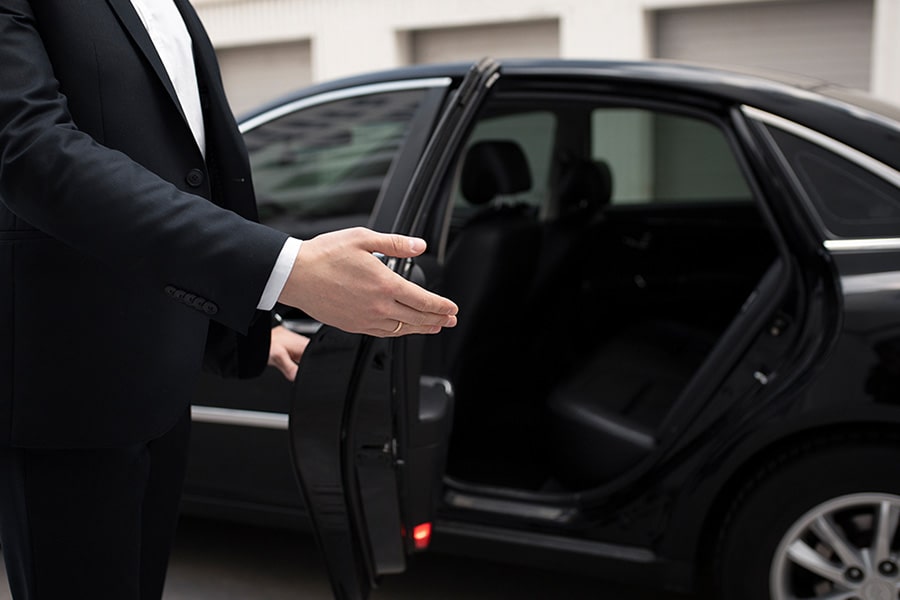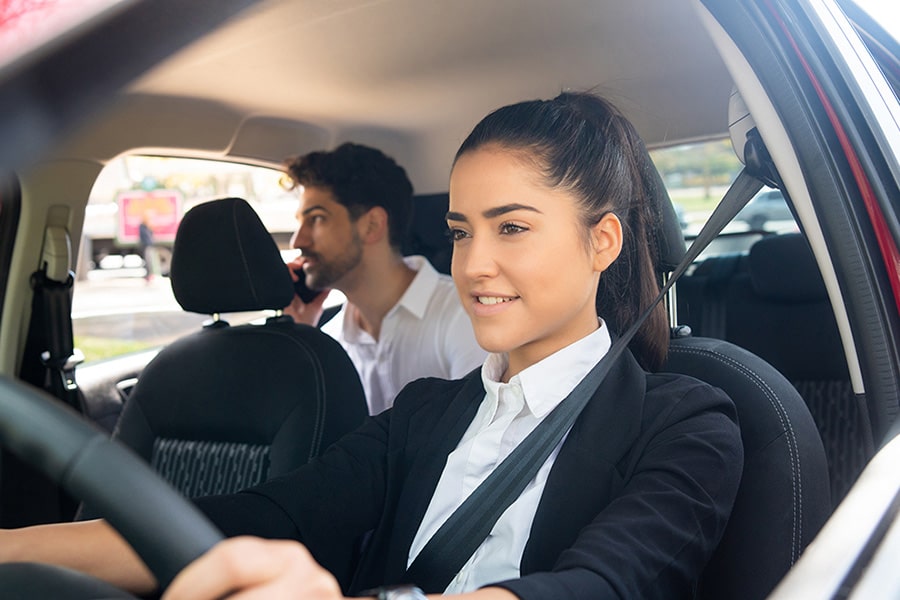
Ethen Lee
Obtaining a driving license is a significant milestone in one's life, granting the freedom and independence to traverse the roads with confidence. In bustling metropolises like London, where efficient transportation is essential, having a driver's license opens up a world of opportunities. However, navigating the process of obtaining a driving license in London can be complex and daunting for many individuals. From understanding the requirements to mastering the road rules, this comprehensive guide aims to demystify the journey towards securing a driving license in the vibrant city of London.
Understanding the Requirements
Before embarking on the journey to obtain a driving license in London, it's crucial to understand the requirements set forth by the Driver and Vehicle Licensing Agency (DVLA). The first requirement is age; individuals must be at least 17 years old to apply for a full driving license for cars (16 for mopeds or 17 for tractors). Additionally, applicants must be legal residents of the United Kingdom and meet the minimum eyesight requirement, which includes being able to read a standard license plate from a distance of 20 meters.
Furthermore, applicants must apply for a provisional driving license before they can start driving lessons and take their driving test. The provisional license serves as a temporary permit that allows individuals to practice driving under the supervision of a qualified instructor or a licensed driver.
Driving Lessons and Practice
Once the provisional license is obtained, aspiring drivers can commence their driving lessons. It's highly recommended to enroll in professional driving schools or hire certified instructors who can provide comprehensive guidance and instruction tailored to individual learning needs. These driving lessons cover essential aspects such as vehicle control, road safety rules, defensive driving techniques, and maneuvers required for the driving test.
In addition to formal driving lessons, practice sessions with a licensed driver are invaluable for gaining practical experience on the roads. Practice sessions allow learners to familiarize themselves with different road conditions, traffic scenarios, and navigation routes, gradually building confidence behind the wheel.
Theory Test Preparation
In preparation for the driving test, candidates must pass the theory test, which assesses their knowledge of road signs, traffic regulations, and hazard perception skills. The theory test comprises multiple-choice questions and a hazard perception test, both of which must be passed to progress to the practical driving test.
To excel in the theory test, it's essential to study the official Highway Code thoroughly and utilize online resources and practice tests to reinforce understanding. Mock theory tests can help candidates familiarize themselves with the format of the exam and identify areas that require further revision.
If you are applying for private hire vehicle license and wants to clear the SERU exam by transport of london department, seru test app will help you cover all the topics with mock test practice.
Practical Driving Test
Once the theory test is successfully completed, candidates can book their practical driving test with the DVLA. The practical test evaluates the candidate's ability to drive safely and confidently in various traffic conditions, including urban roads, rural routes, and motorways.
During the practical test, candidates are assessed on their vehicle control, observation skills, maneuvering abilities, and adherence to traffic rules. It's crucial to remain calm, focused, and attentive throughout the test while demonstrating competence in handling different driving scenarios.
Post-Test Procedures
Upon passing the practical driving test, candidates are issued a full driving license, granting them the legal authority to drive independently. However, the learning journey doesn't end there. New drivers are encouraged to continue practicing and refining their driving skills to enhance safety on the roads.
It's important to remember that obtaining a driving license is not merely about acquiring a legal document but also about cultivating responsible and conscientious driving habits. Regular vehicle maintenance, staying updated on road regulations, and practicing defensive driving techniques are essential for ensuring personal safety and contributing to the overall safety of fellow road users.
Conclusion
Obtaining a driving license in London is a significant achievement that opens up a world of possibilities for individuals seeking mobility and independence. While the process may seem daunting at first, with thorough preparation, dedication, and perseverance, aspiring drivers can navigate the road towards securing their driving license successfully.
From understanding the requirements and undertaking driving lessons to passing the theory and practical tests, each step in the journey contributes to building confidence and competence behind the wheel. By prioritizing safety, responsibility, and continuous learning, new drivers can embark on their driving journey equipped with the knowledge and skills necessary to navigate the bustling streets of London with confidence and ease.




